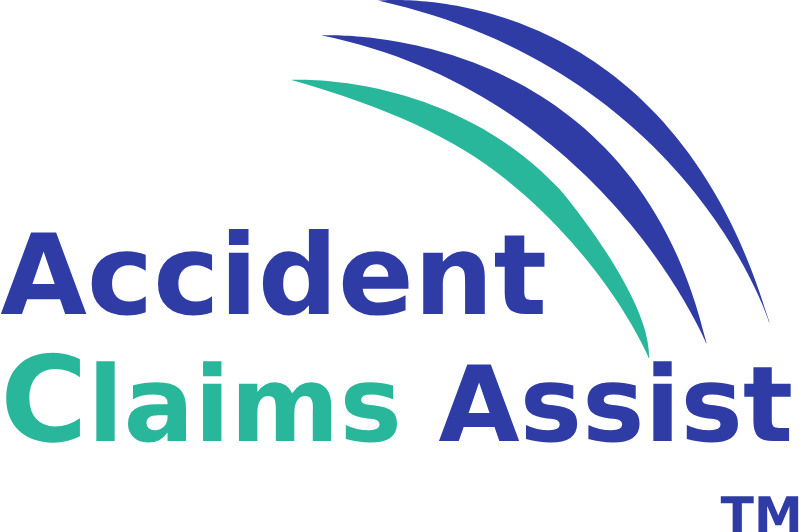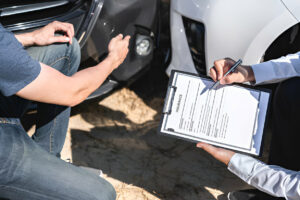What is a Credit Hire Company?
A credit hire company is a specialist service provider that offers temporary replacement vehicles for non-fault drivers after a road traffic accident. Typically, credit hire companies work in tandem with accident management companies, which means they not only arrange the hire of a replacement vehicle but also manage the entire claims process for you. This includes liaising with insurers, managing vehicle repairs, and providing support with legal matters. By choosing a credit hire company, like Accident Claims Assist, you can reduce the stress of dealing with the aftermath of an accident and receive expert management for your claim.
How Does Credit Hire Work?
In the event of a non-fault road traffic accident, if your car requires repairs, a credit hire company provides you with a temporary replacement vehicle. These vehicles are typically the same type or similar to your own, allowing you to continue your daily activities while your car is being repaired.
Credit hire companies then recover the cost of the hire vehicle from the faulty driver’s insurance. This means that, as a non-fault driver, you don’t have to pay for the replacement vehicle, and you are entitled to a “like-for-like” vehicle while your car is being fixed.
Some credit hire companies also offer credit repair services, where they arrange and pay for your vehicle’s repair and recover the costs from the faulty driver’s insurance.
How to Get a Credit Hire Car After a Non-Fault Accident?
If you’re involved in a non-fault accident and need a replacement car, the process usually involves the following steps:
1.Prove Liability: You must provide evidence that the other driver is at fault. This may include a police report, witness statements, and photos of the damage. Keeping clear records is essential.
2. Vehicle Inspection: Your vehicle must have sustained significant damage requiring repair. Credit hire is only offered when it’s clear that your car cannot be driven safely.
3.Need for a Replacement Vehicle: You must demonstrate that you rely on your vehicle for essential activities like work, school, or caring for dependents.
4.Speak to a Credit Hire Company: Contact a reputable credit hire company like Accident Claims Assist to discuss your case and arrange for a replacement vehicle. They will handle the process of providing a car and managing the claim.
Who Pays for the Credit Hire Car?
If you’re a non-fault driver, the faulty driver’s insurance company should cover the cost of the replacement car. The credit hire company will handle this by providing a like-for-like vehicle while your car is being repaired and recovering the hire charges from the at-fault party’s insurance.
Before offering the hire car service, the credit hire company will carry out a detailed check to ensure that you are eligible for the service based on the circumstances of the accident and the insurance status of the at-fault driver.
Entitlement to a Hire Car in the UK
In the UK, if you are not at fault in an accident, you are entitled to a replacement vehicle while your car is being repaired. The Association of British Insurers states that non-fault drivers are eligible for a replacement car of the same type and value as their vehicle. This ensures you’re not left without transportation while your car is in the shop.
Why Choose Accident Claims Assist?
What are the requirements to rent a car?
To rent a car, you must have a valid driver’s license. If you’re a non-EU license holder, you may need an international driving permit if your license is not in English.
Do I need insurance to rent a car?
No, the damage waiver is included in the cost of the hire. However, the waiver comes with an excess, which means you may still need to cover part of any damages.
Can I rent a vehicle with a debit card?
Yes, debit cards are accepted if they have the driver’s name on them. Credit cards are typically preferred, but debit cards can also be used.
What is required to get a rental car?
To rent a vehicle, you’ll need:
A credit or debit card in your name
A valid driver’s license
A valid ID (e.g., passport or utility bill)






